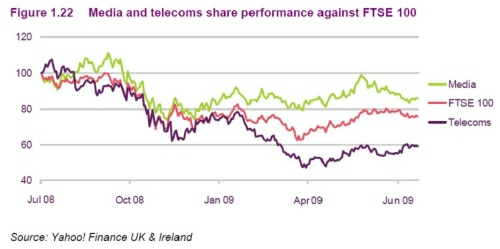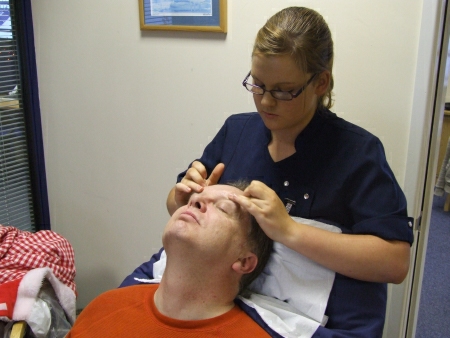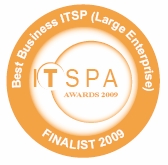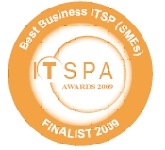It looks like nothing was found at this location. Maybe try a search or one of the links below?
For those who are interested in this kind of thing BT has announced that it will be introducing a higher grade of Service Level Assurance for broadband than the current Enhanced Care product.
Enhanced care offers a 24 x 7 service that includes a 3 hour response and 20 hours time to fix.
New in Q3 (September ish) will be “Business Care” product that offers 24 x 7 cover with 7 hours to fix – essentially same day. This is good progress as businesses are becoming increasingly dependant on their broadband lines and downtime = loss of cash. Note no guarantees are on offer here.
It is all subject to confirmation but it is progress.





